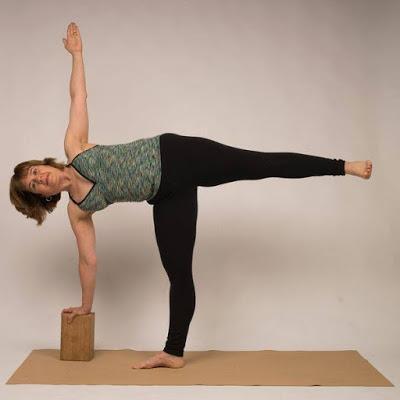
Patti Martin, Age 60
As we age, we experience physiological changes that affects brain structure and function that includes memory losses among others. Memory is one aspect of cognition that is prominently affected as we grow older. As we age, it dawns on us that we are not mentally agile as we used to be. Our brains slow down and we take more time to process information. Memory issues are prominent, and we experience difficulty in remembering names of people, places, and other things as we age. Some of us also find that we don’t do as well as younger people on complex memory or learning tests. The question is: why do we lose memory as we age and what can be done to reverse the loss? The causes for age-associated memory loss are manifold:- Normal aging is associated with diminished blood flow to the brain together with structural and functional alterations in the brain that are all linked to neuropathological changes. Diminished cerebral blood (also known as hypoperfusion) causes cell injury and death, and if this happens in memory centers of brain, it can result in memory loss.
- Hypertension (high blood pressure) is a highly prevalent disorder in older people and is a major risk factor for not just heart disease but brain deterioration as well. An underlying condition of hypertension accelerates the brain damage. Blood vessels that are damaged by hypertension lose their ability to transport blood, which can result in poor blood flow to the brain and loss of brain function. The combination of hypertension and reduced blood flow to the brain is associated with brain cell loss and smaller brain volume. Damage to the areas of the brain such as temporal lobes and prefrontal cortex can lead to loss of cognitive function.
- Nearly three-quarters of all strokes occur in people over the age of 65. The risk of having a stroke more than doubles each decade after the age of 55. The effects of a stroke depend on where the brain is injured and how much damage has occurred. If the parietal and temporal lobes and prefrontal cortex areas of the brain experience a stroke, these areas will not receive the much needed blood and oxygen, which results in cell loss and reduced cognitive functions.
- Some memory problems come from other age-associated issues, including vitamin B12 deficiency, tumors or infections in the brain, blood clots in the brain, thyroid, kidney, heart or liver disorders.
- It is common to see elderly people with emotional problems such as fear, worry, anxiety, depression or loneliness. All of these emotions can negatively impact the memory centers of the brain.
Another independent study Hippocampal and Cerebral Blood Flow after Exercise Cessation in Master Athletes looked at the consequence of exercise cessation on cerebral blood flow. The aim was to measure the effects of 10 days of “detraining” on normal cerebral blood flow in the memory centers of the brains of healthy and physically fit older adults. The findings suggested that cessation of exercise training among master athletes was associated with reduced blood flow in nearly eight areas of the brain and included the regions of the hippocampus as well. Since this was a short term study of ten days, it did not result in significant cognitive changes. However, the study does underscore the importance of a regular exercise on brain function and blood flow to the brain.
In one of my earlier articles Yoga Asanas: Endurance Training or Resistance Training I provided detailed reasons as to why I consider yoga to be both an endurance training as well as a strength training system. So going by that assertion, a regular yoga practice will not only normalize the cerebral blood flow but may reverse age-associated memory losses. Anecdotal evidence does indicate the beneficial effects of yoga on cerebral blood flow. I found just one research study Cerebral Blood Flow Effects of Yoga Training: Preliminary Evaluation of 4 Cases involving only four subjects in which the authors claim that an Iyengar yoga training program can result in beneficial changes in the brain structure and also activate the cerebral blood flow. The changes involved with Iyengar yoga training in particular appear to have a greater impact in certain areas of the brain including the frontal lobes.
So how about taking preventative measures as you age gracefully and thereby strengthen your brain, nerves and cognitive skills by looking for ways to build, improve, strengthen, and sustain the blood flow to the brain? Having a regular yoga practice or a mild physical exercise daily will promote blood flow to your brain and fire up the neural circuitry, which will further strengthen the brain areas, improve cognition and reverse memory loss. It’s time to unroll the mat!
Subscribe to Yoga for Healthy Aging by Email ° Follow Yoga for Healthy Aging on Facebook ° Join this site with Google Friend Connect

